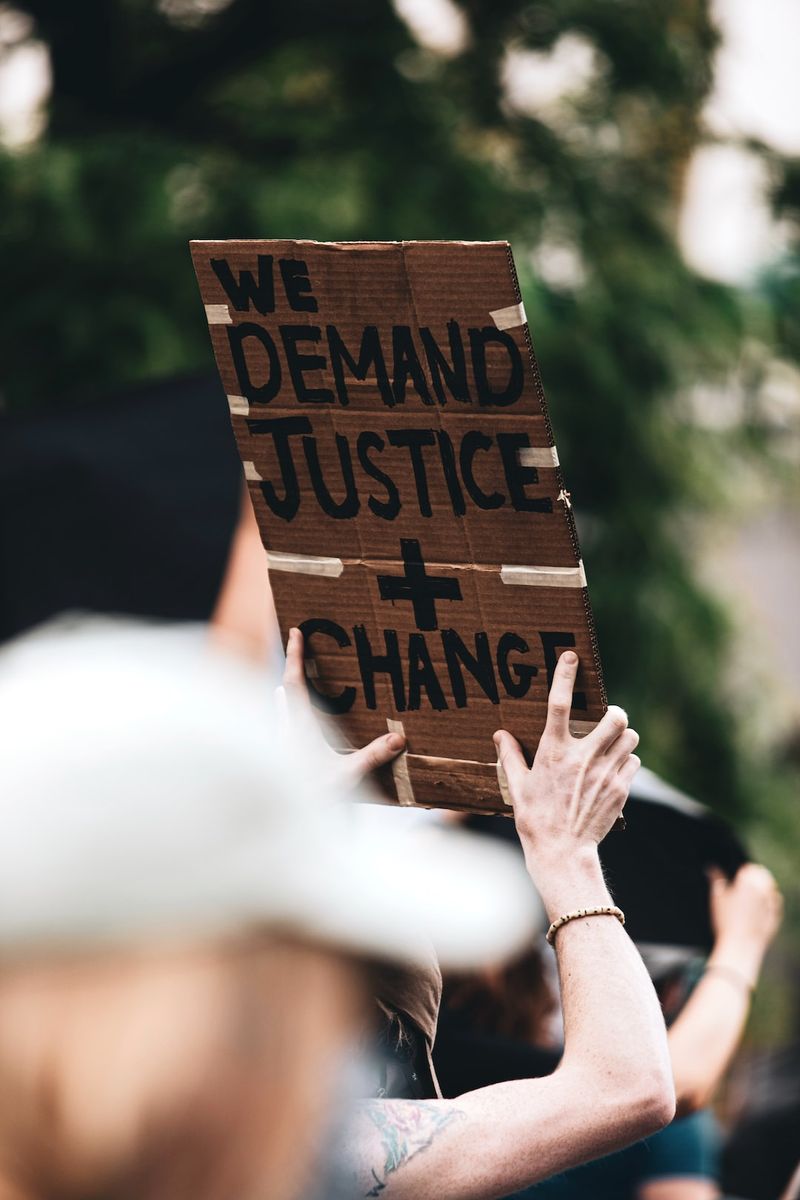France Shooting: Calls for Justice and Police Accountability
Background
A French policeman has been charged with homicide in the shooting death of a 17-year-old teenager, identified as Nahel M, during a traffic stop near Paris on Tuesday. The incident has sparked widespread anger and protests across the country, leading to violent clashes between protesters and police. The teenager‘s mother led a march demanding justice, which was unfortunately marred by additional violence.
Night of Unrest
During the third consecutive night of unrest, 667 people were arrested and significant property damage occurred. In Paris, shops were ransacked and cars set on fire, despite a heavy police presence. The French government deployed 40,000 police officers to maintain order, but clashes continued throughout the night. The interior ministry reported that 249 police officers were injured during clashes on Wednesday night.
Broader Context
This tragic incident has brought forth a larger conversation about the power of the police and the relationship between the authorities and people residing in France‘s suburbs. Many individuals in these areas already feel segregated from the prosperous city centers and have a sense of distrust towards the police. The killing of Nahel M has only exacerbated these existing tensions and created further divisions.
Impunity and the Police
Nahel M’s lawyer, Yassine Bouzrou, has expressed concerns about what he deems to be a culture of impunity regarding police officers in France. He argues that the country’s law and judicial system often favor police officers, which perpetuates a sense of immunity from consequences. While Nahel’s mother, on the other hand, does not hold the entire police force or the system responsible for her son’s death, she firmly believes that the officer who fired the fatal shot should be held accountable.
Legal Use of Force
The officer accused of shooting Nahel M has claimed that he felt his life was in danger, justifying his actions. However, this argument raises questions about the appropriate use of force and the principles of proportionality in responding to potential threats. Thierry Clair, deputy secretary general of the Unsad-Police trade union, has emphasized the need for a thorough investigation to determine if the officer’s use of force was legally justified. He notes that the law permits the use of firearms in certain circumstances, such as when occupants of a vehicle refuse to comply and pose a risk to others.
Editorial: Addressing Police Accountability and Restoring Trust
The shooting of Nahel M and subsequent protests highlight deep-rooted issues within France‘s police force and its relationship with marginalized communities. It is crucial for the government to address these issues and work towards rebuilding trust between law enforcement and citizens.
Firstly, it is imperative to reassess the current system of police accountability. The perception of impunity among police officers erodes trust and undermines the integrity of the justice system. A comprehensive review should be conducted to ensure that police officers are held accountable for their actions, and that there are clear guidelines for the use of force.
Additionally, efforts should be focused on community policing and building stronger relationships between officers and the communities they serve. Proactive engagement between law enforcement and marginalized communities can help bridge the divide and foster mutual understanding and respect.
Furthermore, investing in comprehensive training programs for police officers is crucial. This should include conflict resolution, de-escalation techniques, and cultural sensitivity training to ensure that officers are equipped with the skills necessary to handle diverse situations without resorting to excessive force.
It is also vital that authorities actively listen to the grievances and concerns of marginalized communities. Public forums and dialogue should be established to create spaces for open discussions between community members and law enforcement officials. This would allow for grievances to be aired and for concrete steps to be taken towards addressing systemic issues.
Overall, restoring trust between the police and marginalized communities requires a multifaceted approach. It necessitates a commitment from the government, law enforcement agencies, and society at large to address deep-seated issues, hold officers accountable, and work towards meaningful reform. Failure to do so risks perpetuating cycles of violence, unrest, and division.
Advice: Empathy, Reflection, and Collaboration
Given the gravity of the situation, it is essential for individuals, communities, and policymakers to approach the issue with empathy, reflection, and a willingness to collaborate for the greater good.
For individuals and communities, it is crucial to empathize with the pain and anger experienced by marginalized communities who have often been disproportionately affected by police violence. Engaging in peaceful protests, supporting organizations that advocate for justice and police accountability, and actively listening to the voices of those directly affected can all contribute to fostering a more inclusive and equitable society.
Policymakers must take this moment as an opportunity for deep reflection on current policing practices and systems. They should engage in meaningful dialogue with community leaders, activists, and experts to better understand the issues at hand and work towards implementing necessary reforms. Collaboration and transparency are key in ensuring that policies are driven by the needs and concerns of all members of society, while also maintaining law and order.
Ultimately, the tragic death of Nahel M should serve as a catalyst for change, prompting a broader conversation about justice, police accountability, and the need for a more inclusive society in which all citizens, regardless of their background, are treated with fairness and respect.

<< photo by Markus Spiske >>
The image is for illustrative purposes only and does not depict the actual situation.
You might want to read !
- Editorial Exploration: Analyzing the causes and consequences of France’s ongoing protests
Title: “Unrest Ignites France: A Deep Dive into the Ongoing Protests”
- Dylan Mulvaney’s Candid Response to Bud Light Controversy: A Reflection on Free Speech and Corporate Accountability
- “Examining the Accountability of School Resource Officers: Analyzing the Scot Peterson Verdict”
- Exploring Accountability: Unveiling the Allen Police Body-Cam Footage
- “CONCACAF Clash: Mexico vs. Haiti Live Stream – Who Will Secure Victory?”
- Exploring the Mysteries of The Witcher Season 3: Unanswered Questions Revealed
- “Exploring the Impending Clash: Analyzing Mexico vs. Haiti Odds and Prediction for the 2023 Gold Cup”
- Colleen Ballinger: Addressing Allegations and Channeling Positivity
- Colleen Ballinger Addresses Grooming Allegations in Defiant Musical Response




